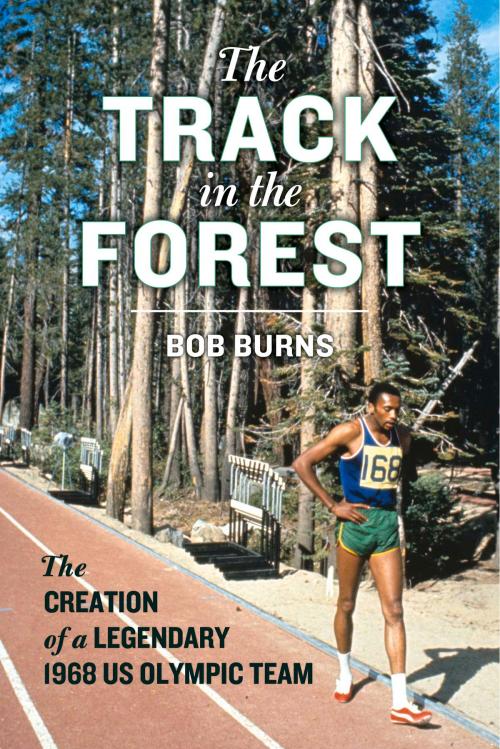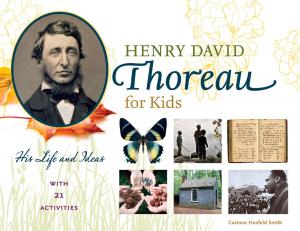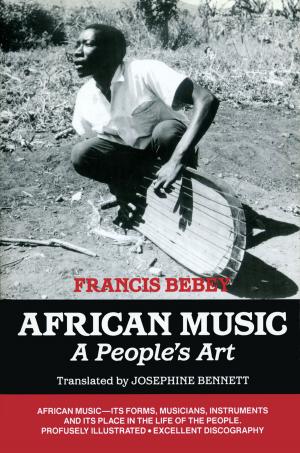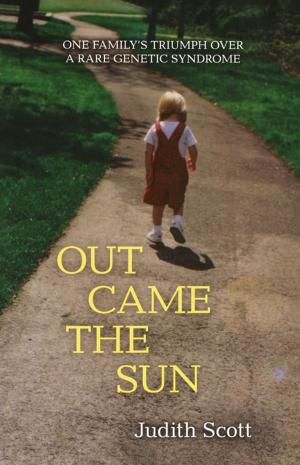The Track in the Forest
The Creation of a Legendary 1968 US Olympic Team
Nonfiction, Sports, Track & Field, Olympics| Author: | Bob Burns | ISBN: | 9781641600804 |
| Publisher: | Chicago Review Press | Publication: | October 2, 2018 |
| Imprint: | Chicago Review Press | Language: | English |
| Author: | Bob Burns |
| ISBN: | 9781641600804 |
| Publisher: | Chicago Review Press |
| Publication: | October 2, 2018 |
| Imprint: | Chicago Review Press |
| Language: | English |
The 1968 US men's Olympic track and field team won 12 gold medals and set six world records at the Mexico City Games, one of the most dominant performances in Olympic history. The team featured such legends as Tommie Smith, Bob Beamon, Al Oerter, and Dick Fosbury. Fifty years later, the team is mostly remembered for embodying the tumultuous social and racial climate of 1968. The Black Power protest of Tommie Smith and John Carlos on the victory stand in Mexico City remains one of the most enduring images of the 1960s. Less known is the role that a 400-meter track carved out of the Eldorado National Forest above Lake Tahoe played in molding that juggernaut. To acclimate US athletes for the 7,300-foot elevation of Mexico City, the US Olympic Committee held a two-month training camp and final Olympic selection meet for the ages at Echo Summit near the California-Nevada border. Never has a sporting event of such consequence been held in such an ethereal setting. On a track in which hundreds of trees were left standing on the infield to minimize the environmental impact, four world records fell—more than have been set at any US meet since (including the 1984 and 1996 Olympics). But the road to Echo Summit was tortuous—the Vietnam War was raging, Martin Luther King Jr. and Robert Kennedy were assassinated, and a group of athletes based out of San Jose State had been threatening to boycott the Mexico City Games to protest racial injustice. Informed by dozens of interviews by longtime sports journalist and track enthusiast Bob Burns, this is the story of how in one of the most divisive years in American history, a California mountaintop provided an incomparable group of Americans shelter from the storm.
The 1968 US men's Olympic track and field team won 12 gold medals and set six world records at the Mexico City Games, one of the most dominant performances in Olympic history. The team featured such legends as Tommie Smith, Bob Beamon, Al Oerter, and Dick Fosbury. Fifty years later, the team is mostly remembered for embodying the tumultuous social and racial climate of 1968. The Black Power protest of Tommie Smith and John Carlos on the victory stand in Mexico City remains one of the most enduring images of the 1960s. Less known is the role that a 400-meter track carved out of the Eldorado National Forest above Lake Tahoe played in molding that juggernaut. To acclimate US athletes for the 7,300-foot elevation of Mexico City, the US Olympic Committee held a two-month training camp and final Olympic selection meet for the ages at Echo Summit near the California-Nevada border. Never has a sporting event of such consequence been held in such an ethereal setting. On a track in which hundreds of trees were left standing on the infield to minimize the environmental impact, four world records fell—more than have been set at any US meet since (including the 1984 and 1996 Olympics). But the road to Echo Summit was tortuous—the Vietnam War was raging, Martin Luther King Jr. and Robert Kennedy were assassinated, and a group of athletes based out of San Jose State had been threatening to boycott the Mexico City Games to protest racial injustice. Informed by dozens of interviews by longtime sports journalist and track enthusiast Bob Burns, this is the story of how in one of the most divisive years in American history, a California mountaintop provided an incomparable group of Americans shelter from the storm.















